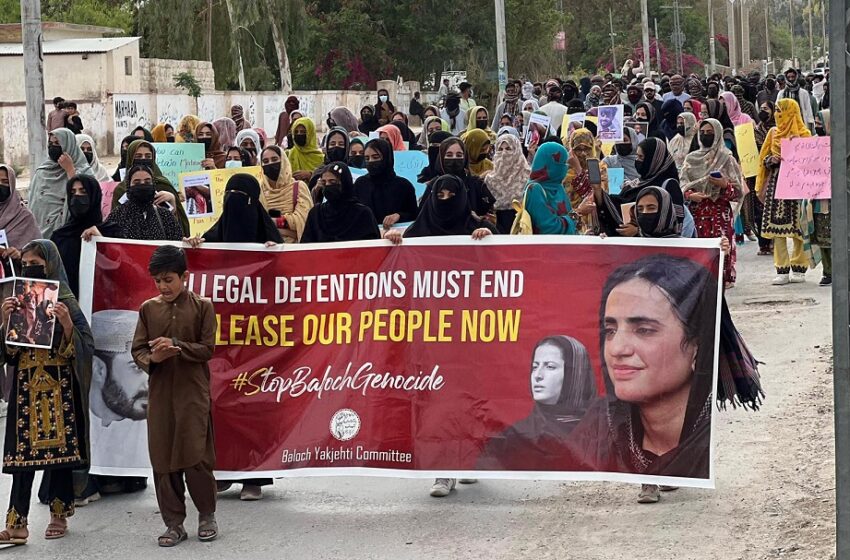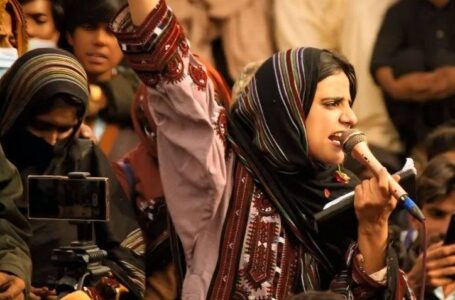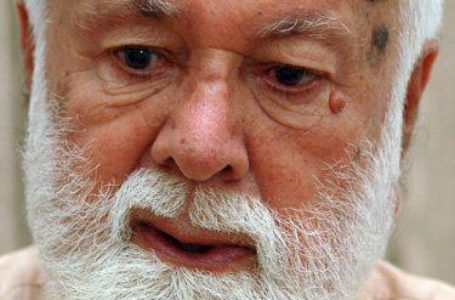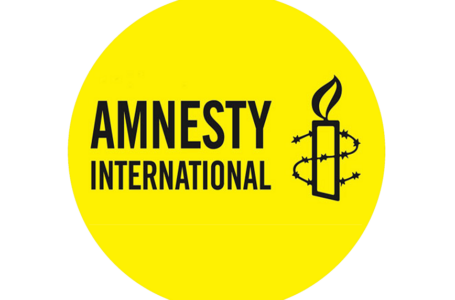Dr Mahrang’s Prison Writing: ‘Speaking Up for Justice Is Not a Crime’
Balochistan: Families of Disappeared Baloch Protest on Eid al-Adha

SHAAL (QUETTA): On what is traditionally a day of celebration, the first day of Eid al-Adha in Balochistan was marked by widespread grief and reistance. Families of disappeared persons, along with regional rights groups, held widespread demonstrations across Chagai and Quetta, demanding justice for victims of enforced disappearances.
The Baloch Yekjehti Committee (BYC) Rakhshan Region Chagai Zone, in coordination with the families of the disappeared, organized protest activities in Dalbandin, Nokundi, Yakmach, Aminabad, and other parts of the Chagai district. The demonstrations were held to condemn the ongoing practice of enforced disappearances, which activists and families describe as a systematic campaign by Pakistani security forces.
In Dalbandin, a protest rally was held to demand the recovery of Ghulam Hazrat Baloch and Abdullah Baloch, both of whom were allegedly abducted by Pakistani forces in 2018 from the Dino area. The rally, which began at Arab Mosque at 5:00 PM, ended at the Dalbandin Press Club, where family members addressed the crowd. They stated that despite years of appeals to authorities and human rights institutions, no action has been taken to bring their loved ones back.
Simultaneously, the BYC launched an awareness campaign, distributing pamphlets across Chagai to educate the public about enforced disappearances, extrajudicial killings, and other human rights abuses. The campaign urged people to raise their voices against state repression, reject silence as complicity, and see resistance as the only path to reclaiming dignity.
The pamphlets questioned why individuals like Dr. Mahrang Baloch and Beebarg Baloch, along with other political prisoners, have not been tried in open courts if there are legitimate charges against them. The appeal also called upon society to listen to the cries of Baloch mothers and children and urged state institutions to distinguish between the oppressor and the oppressed.
In Quetta, the capital of Balochistan, the Voice for Baloch Missing Persons (VBMP) organised a protest to mark both Eid al-Adha and the 16th anniversary of the disappearance of Baloch student leader Zakir Majeed Baloch. The protest was held as a peaceful demonstration of resistance against state-imposed disappearances. Participants carried banners and photos of missing persons, chanting slogans and demanding that the Pakistani state disclose the whereabouts of their loved ones.
In a statement titled “The joy of Eid and grief of Baloch,” the BYC addressed the Baloch nation directly, urging reflection on why they remain targets of repression. “You are not safe—anywhere, in any condition—because you are Baloch,” the statement read. “In the eyes of the Pakistani state, Baloch are slaves. This is why you live under the shadow of unending repression.”
The statement further encouraged the Baloch people to study the history of other oppressed nations who achieved liberation through self-determination and grassroots resistance. “We must learn to rise on our own, to fight back without waiting for external saviours, and to stand firm against tyranny.”
As the rest of the country celebrated Eid, large parts of Balochistan observed the day in mourning, with families of the disappeared expressing sorrow, frustration, and determination. For them, Eid remains a reminder not of celebration, but of loss—and a call to keep resisting.









